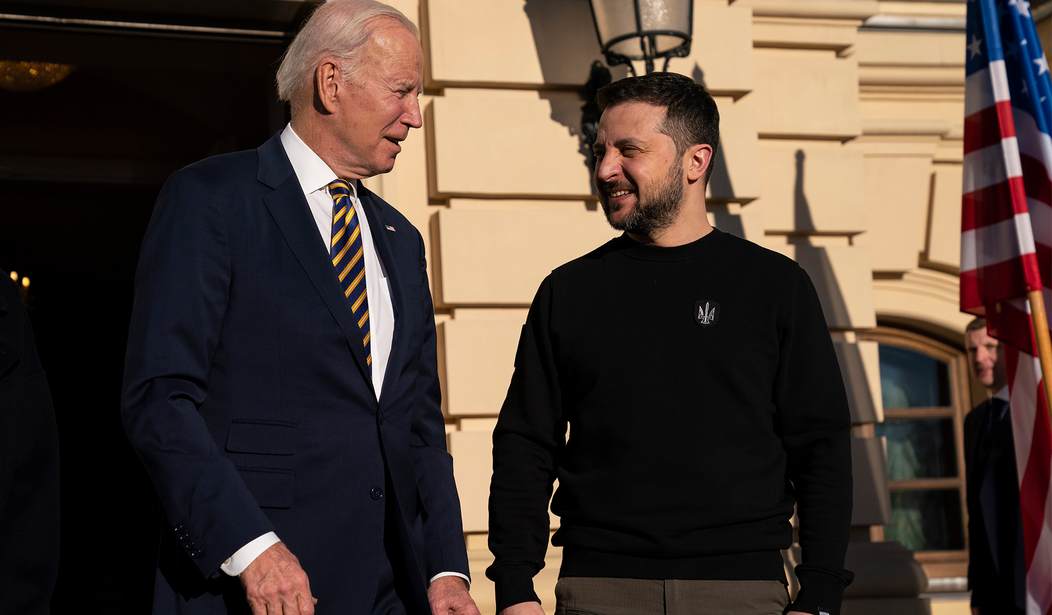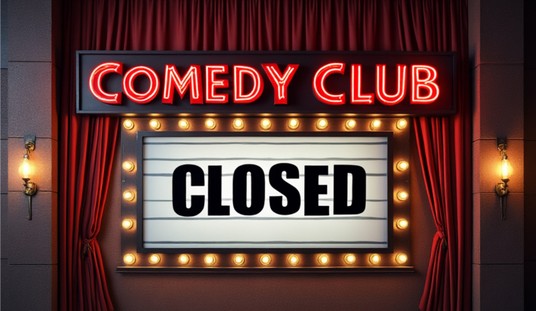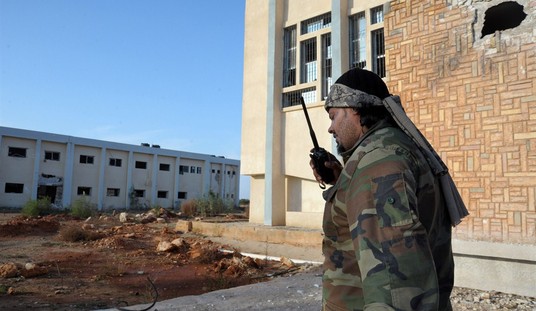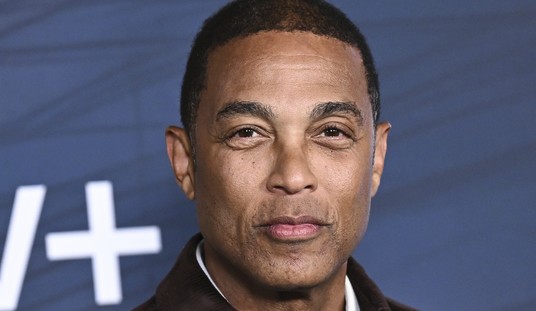Ukraine’s counteroffensive has been underway for about eight weeks, and while Kyiv’s Western-trained forces have made some progress, they’ve also suffered a surprising and worrisome number of casualties.
Ukraine has launched two major attacks — one in Zaporizhzhia province and another in Donetsk province. There is also an assault on Bakhmut, where Ukraine bloodied the Wagner Group for most of the winter before leaving the area to Russian troops. They’re now pushing back into the town looking to make a psychological point.
But progress for Ukraine is painfully slow. Originally, they believed their shiny new Western weapons and augmented training by NATO units would cause Russia to fold, as they did in Kharkiv last fall. But Russian troops are proving what defensive armies have known since World War I: even mediocre troops placed in good works can break up an offensive.
Russia has mounted a stronger defence than expected, conducting mobile and rapid counter-attacks in response to Ukrainian advances, rather than remaining confined to trenches and fixed positions. Rob Lee, an expert on Russia’s armed forces who recently visited the front lines, notes that Russia’s army has not just executed its doctrine competently, but also innovated, for instance by stacking multiple anti-tank mines on top of one another to destroy mine-clearing vehicles.
“The various wargames that were done ahead of time have predicted certain levels of advance,” conceded Gen. Mark Milley, America’s top officer, on July 18. “And that has slowed down.”
In part, the slow progress reflects the scale of Ukraine’s task. Russian defences are 30km deep in places, bristling with earthworks and tank traps and spattered with mines. Most nato armies would struggle to punch through comparable lines without complete dominance in the air, which Ukraine, unfortunately, does not enjoy.
There appears to be a lack of coordination between Ukrainian units that were put together just a few months ago and are using different and unfamiliar weapons. There have also been some hard lessons learned as Ukraine’s confident attacks at the beginning of the offensive using Bradley fighting vehicles and Leopard tanks have been replaced by far less ambitious tactics after Russian artillery and their minefields made short work of NATO-supplied armor.
“Ukraine is now holding back armor and sending in smaller units of dismounted infantry, often no more than 20 soldiers, to proceed slowly and haltingly,” according to The Economist. The soldier’s job is to clear the mines and allow for a general assault. It’s slow-going, and the result is a grinding slog.
A war of attrition is good for Putin and bad for Biden. Biden has a clock ticking in his head, knowing that support for U.S. involvement in the war won’t last much longer. This is especially true among Republicans who are already complaining about the cost and the lack of oversight about how the tens of billions in military aid to Ukraine is being spent.
Biden has an election coming next year, and a continued stalemate in Ukraine will tarnish what he sees as his finest foreign policy hour.
As Biden moves toward a presidential contest next year, Russian President Vladimir Putin has more of an incentive to try to outlast the West. Two of the top contenders for the Republican nomination—former President Donald Trump and Florida Gov. Ron DeSantis—have suggested they might temper military support for Ukraine.
Russia has also shown little inclination to negotiate. With the invasion of Ukraine bogged down, Putin is facing critics inside his country who say he hasn’t pursued the war aggressively enough.
“The Russians are more than happy to talk about Ukraine’s capitulation,” said Thomas Graham, a distinguished fellow at the Council on Foreign Relations. “I don’t think they are seriously interested in any talks about a resolution of the Ukraine crisis short of that at this point.”
There’s no incentive for either side to negotiate. But Biden has a huge incentive to get the two sides to the table. Since he has virtually no influence with Putin, Biden will have to lean on Zelenskyy to find a formula that will satisfy Putin and at least end the fighting.










